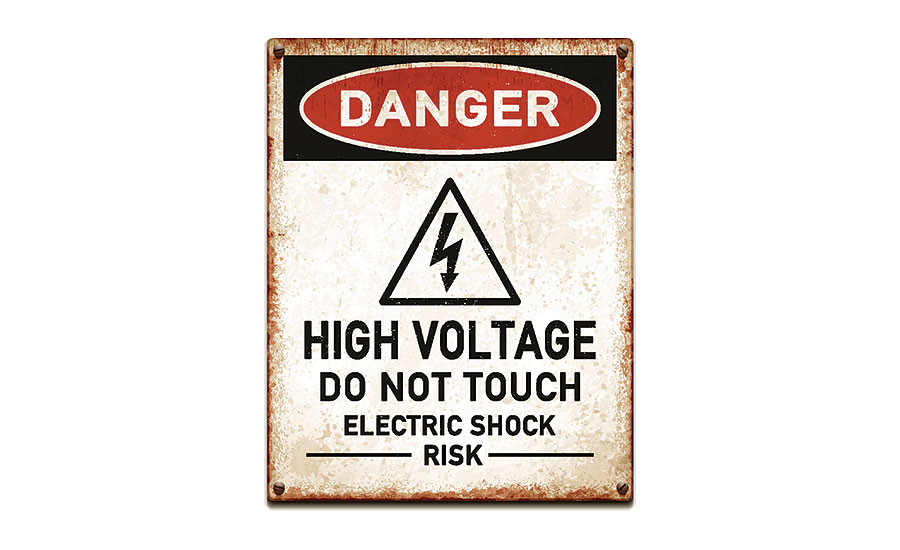Statistics from the National Fire Data Center collected from 2009-2018 show a 26% increase in non-residential fires, plus a 30% climb in dollar losses. Moreover, in 2018 alone, there were 103,600 recorded incidents in commercial buildings. Electrical malfunctions are a leading cause of these events, and they cost businesses $373,400,000 in 2018.
Company safety leaders must take decisive action to prevent electrical fires. Doing so keeps people safer, plus it makes sense for the businesses' bottom line. Here are four best practices to consider:
1. Engage in regular hazard assessments
In the worst-case scenario, company representatives only recognize issues once things go wrong. For example, they may think they're doing everything right to practice electrical safety but learn that's not the case once they get the results from a safety audit.
Safety specialists must take it upon themselves to assess sites and measure electrical safety effectiveness. A three-pronged approach to examine facilities, personnel-related choices and procedures shows companies where shortcomings exist. For example, if an assessment reveals employees do not understand the process for reporting faulty electrical equipment that could cause fires, that's a problem to target.
2. Maintain an appropriate electrical maintenance schedule
Companies should also create regular and as-needed maintenance schedules for their electrical equipment. Doing that promotes electrical safety by allowing trained professionals to spot issues such as faulty wiring or worn electrical insulation. Additionally, staying on top of preventive maintenance also reduces the likelihood of electrically powered systems failing without warning.
Safety leaders should also consider using Internet of Things (IoT) sensors for better visibility. If a connected gadget shows a piece of equipment has a higher-than-normal operating temperature, that data could show a trend requiring prompt, professional attention.
3. Check for adequate wire usage and safeguard against overloading
Wire management is a crucial aspect of preventing electrical fires. For example, if the wires used are not the appropriate size for the current flowing through them, they could overheat and cause accidents. People should also never overload circuits, and they must keep circuit breakers in working order by cleaning them and having them regularly serviced.
Protecting wires from harmful exposure is also crucial. Extreme heat and abrasion from friction are two things that start fires. Equipping the wires with heat shrink tubing can help. This is a mechanically expanded tube or tape that shields wires from exposure.
4. Teach employees what roles they play
Upholding a culture of electrical safety is a collective responsibility. That's why training should include specifying which things employees should do or watch for while on the job.
For example, they should keep electrical equipment away from combustible materials like paper, plastics and fabric. It's also wise if worker training includes how to use fire extinguishers on electrical fires. Class C-rated types work on fires associated with equipment that has live current flowing through it.
Safety professionals should emphasize that even something that is a seemingly minor issue — such as a broken electrical outlet — could become a major problem if not addressed. They should also check for weaknesses in a fire response plan that could cause inaction. For example, if a person hears too many false alarms, they'll likely start ignoring genuine emergencies. It's also human nature to avoid evacuating during a fire unless other people do so first.
Start prioritizing electrical safety today
Preventing electrical fires requires a team approach. However, making progress starts with a company's safety officers and people in similar roles. These four tips can help them start being more proactive about reducing the risks linked to these incidents.
They should also take any reports of faulty electrical equipment seriously. Even if it turns out that the problem an employee brings up is minor, the matter could also pose serious dangers if not repaired.
Workers must see that their workplace leaders care about minimizing electrical fire threats. When that happens, they'll be more likely to follow suit in keeping their company and colleagues safe.



